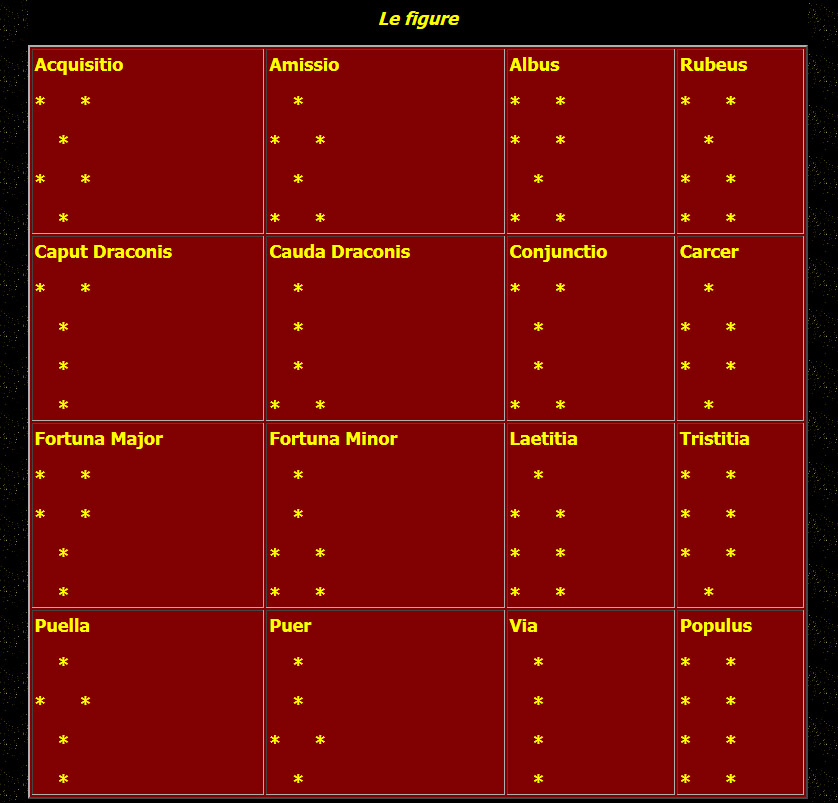Everyone needs to express their feelings—now of joy, now of pain—and one of the most effective means is undoubtedly music, either played or sung. Chant is surely the most totalizing means of expression that man and woman have at their disposal. Learning to sing not only means letting vocal cords vibrate to reproduce notes in tune, but also tuning one’s mind and morale to the content of the sung melody. A good singer should be able to perfectly dress the idea and feeling that the composer has imprinted in the composition. In a way, he or she should make this idea his or her own, live it by giving it a body and transmit it to the listener. So it is with good musicians.

Certainly, one can sing just for fun, as a necessity or in order to feel better, but it is understandable that a deeper study of chant makes one aware of the phonatory apparatus (diaphragm, lungs, larynx, resonance cavity, etc.), and it allows for an active research in regards to the psychic, mental and latent capacities of man and woman in an overall sense.
The fact that chant, specifically melurgic chant, is capable of making us become aware of ourselves and use our voices in a harmonious and harmonic way, surely makes this art a powerful instrument for the formation of the individual as a whole, that is, physical and spiritual. “Melurgy”, from the Greek melos, melody or chant, and ergon, opus, means “the action of melody” or “the action of chant” and it indicates the action that a sacred melody, particularly one that is sung, has on man.
The study of the voice mystery can lead to a profound knowledge of human nature and its relationship with the cosmos. Since ancient times holy chant has been one of the main means for the moral and spiritual education of man. In all traditions music and chant, associated with poetry, are found to be used to sing odes to the deity. Take the development of music in King David’s time in Israel (1 Chronicles 23:5; 25:1, 6, 7), or the use of musical instruments and of choir by the Greeks, of which Pythagoras was one of the founders. Even in early Christianity the gift of song among the Apostles and Disciples is known (Acts 16:23, 24), and of no less importance is the role of music as a liberal art in the Middle Ages.
The soul of man was conceived as a melody to be tuned to and harmonized with the melody of the universe, a reflection of a divine music or harmony. It is to this “tuning” of the soul that the chant in its melurgic-sacral sense, that is ascetic in the highest of meanings, can lead.



